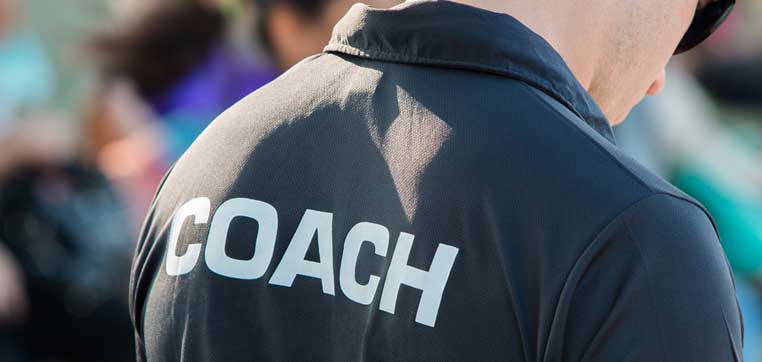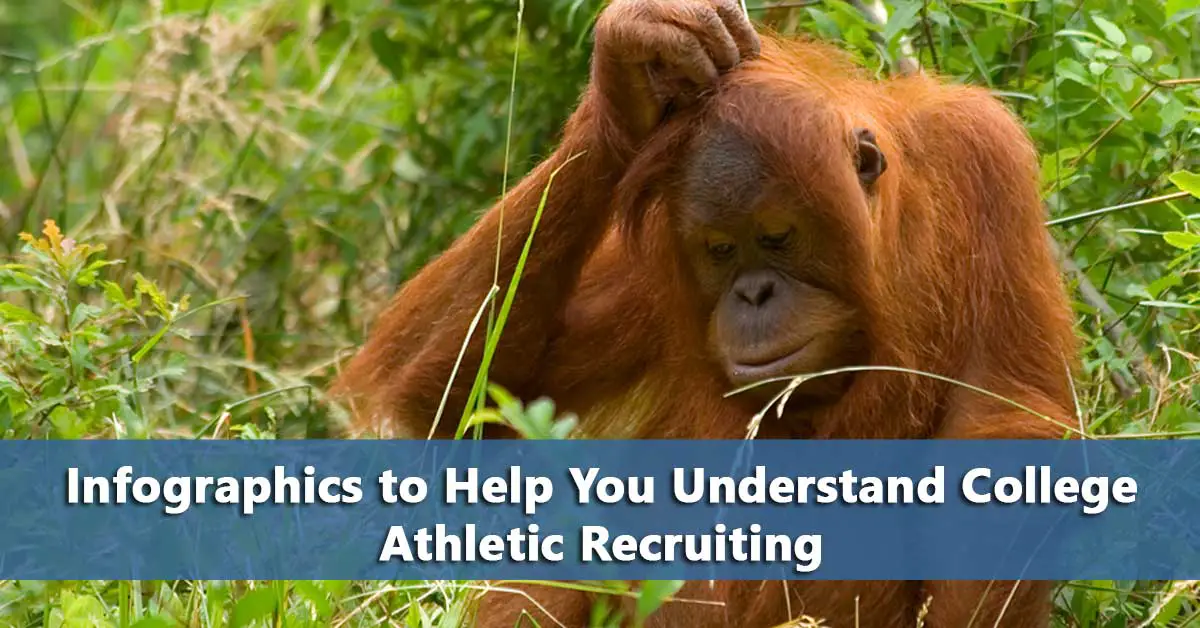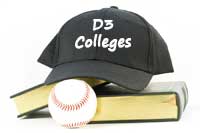 When high school athletes and their families start looking at colleges, it often comes as a surprise to many that the largest NCAA division, D3, doesn’t offer athletic scholarships. Students may receive academic scholarships and financial aid but no scholarship for participating in collegiate athletics.
When high school athletes and their families start looking at colleges, it often comes as a surprise to many that the largest NCAA division, D3, doesn’t offer athletic scholarships. Students may receive academic scholarships and financial aid but no scholarship for participating in collegiate athletics.
Basketball
Do you have to specialize in a sport to get a scholarship?
 Should you play more than one sport in high school if you want to play at the college level? Focusing on a single sport would seem to provide players with the ability to develop advanced skills to stand-out from the competition. However, there are plenty of people out there arguing that playing multiple sports provides athletes with significant benefits, including in the recruiting arena.
Should you play more than one sport in high school if you want to play at the college level? Focusing on a single sport would seem to provide players with the ability to develop advanced skills to stand-out from the competition. However, there are plenty of people out there arguing that playing multiple sports provides athletes with significant benefits, including in the recruiting arena.
When are D1 Athletes Recruited?
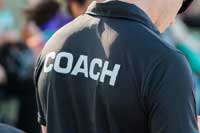 When is it too late? When do you know that you should give up on playing D1 and start looking elsewhere because you haven’t heard from any coaches? While there will always be those who say “never say never” right up to the moment they find themselves enrolling in whatever last minute college they could get into, the truth is that most athletes are willing to face reality and move on once they know when. The questions is when is “when?” Thanks to an NCAA Survey completed last fall, athletes have a better estimate of “when” for most sports.
When is it too late? When do you know that you should give up on playing D1 and start looking elsewhere because you haven’t heard from any coaches? While there will always be those who say “never say never” right up to the moment they find themselves enrolling in whatever last minute college they could get into, the truth is that most athletes are willing to face reality and move on once they know when. The questions is when is “when?” Thanks to an NCAA Survey completed last fall, athletes have a better estimate of “when” for most sports.
What You Need to Know About College Recruiting: Coaching Changes
 If you have even the slightest interest in college athletics, I don’t think it’s possible to have missed all the press on the college football post-season coaching changes. As coaches leave one school for another, there is the question about what happens to the players he recruited. And if you’re an existing, or hopefully soon to be, athletic recruit, the chances of finding yourself dealing with college coaching changes is more likely than you think. So keep up with the reading.
If you have even the slightest interest in college athletics, I don’t think it’s possible to have missed all the press on the college football post-season coaching changes. As coaches leave one school for another, there is the question about what happens to the players he recruited. And if you’re an existing, or hopefully soon to be, athletic recruit, the chances of finding yourself dealing with college coaching changes is more likely than you think. So keep up with the reading.
8 Infographics to Help You Understand College Athletic Recruiting
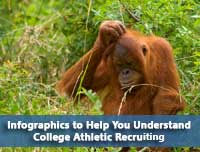 If you’re a high school athlete or the parents of an athlete who wants to play at the college level, the sooner you understand the college athletic recruiting process, the sooner you can use the process rather than have the process control you. And while the chances of being paid to be an athlete in your particular sport may be minuscule, it can’t hurt having a grasp of some of the issue of paying student-athletes. I think the following infographics on college athletes provide a good place to start your education.
If you’re a high school athlete or the parents of an athlete who wants to play at the college level, the sooner you understand the college athletic recruiting process, the sooner you can use the process rather than have the process control you. And while the chances of being paid to be an athlete in your particular sport may be minuscule, it can’t hurt having a grasp of some of the issue of paying student-athletes. I think the following infographics on college athletes provide a good place to start your education.
Recruiting Quiz: See If You’re Ready to be Recruited to Play in College
 Are you ready to be recruited to play in college? Do you understand the recruiting process to make sure you’re ready to make the most of every opportunity? Or are you more likely to reduce your chances because you haven’t bothered to learn the necessary rules and expectations? Take the following quiz and find out if you’re ready to be recruited.
Are you ready to be recruited to play in college? Do you understand the recruiting process to make sure you’re ready to make the most of every opportunity? Or are you more likely to reduce your chances because you haven’t bothered to learn the necessary rules and expectations? Take the following quiz and find out if you’re ready to be recruited.
College Athletic Recruiting Reading Suggestions: Recruiting Services, High School Issues, and Scholarships
 Five articles for those interested in the college athletic recruiting process. Three of them have practical information for families in the recruiting process. If you’re expecting something definitive, be prepared to be disappointed. As usual, so much depends on the individual situation. And there are two “big picture” reads just so that you have no illusions as to what sort of swamp you’re entering.
Five articles for those interested in the college athletic recruiting process. Three of them have practical information for families in the recruiting process. If you’re expecting something definitive, be prepared to be disappointed. As usual, so much depends on the individual situation. And there are two “big picture” reads just so that you have no illusions as to what sort of swamp you’re entering.
What the Super Bowl Can Tell Us About College Rankings
 In case you haven’t heard, the Super Bowl is this coming Sunday. Sometime during the ridiculously overdone coverage, viewers will see the starters from each team announcing their alma maters. And this has got me thinking. Here you have the two best teams in a championship game based on wins and losses with rosters of players from colleges ranked on wins and losses. Maybe, just maybe, the Super Bowl has something to teach us about rankings including US News College Rankings.
In case you haven’t heard, the Super Bowl is this coming Sunday. Sometime during the ridiculously overdone coverage, viewers will see the starters from each team announcing their alma maters. And this has got me thinking. Here you have the two best teams in a championship game based on wins and losses with rosters of players from colleges ranked on wins and losses. Maybe, just maybe, the Super Bowl has something to teach us about rankings including US News College Rankings.
OU Football Coach Supports Paying College Athletes?
 If you have even been in a conversation about the role of college sports, at some point someone will talk about misplaced priorities in terms of spending and complain that the football or basketball coach makes more than the university president, much less the highest paid professor on campus. Another person will inevitably respond with that no one pays to watch a professor teach biology. It’s about the money. Since people are willing to pay for it, then the school is justified in spending it.
If you have even been in a conversation about the role of college sports, at some point someone will talk about misplaced priorities in terms of spending and complain that the football or basketball coach makes more than the university president, much less the highest paid professor on campus. Another person will inevitably respond with that no one pays to watch a professor teach biology. It’s about the money. Since people are willing to pay for it, then the school is justified in spending it.



